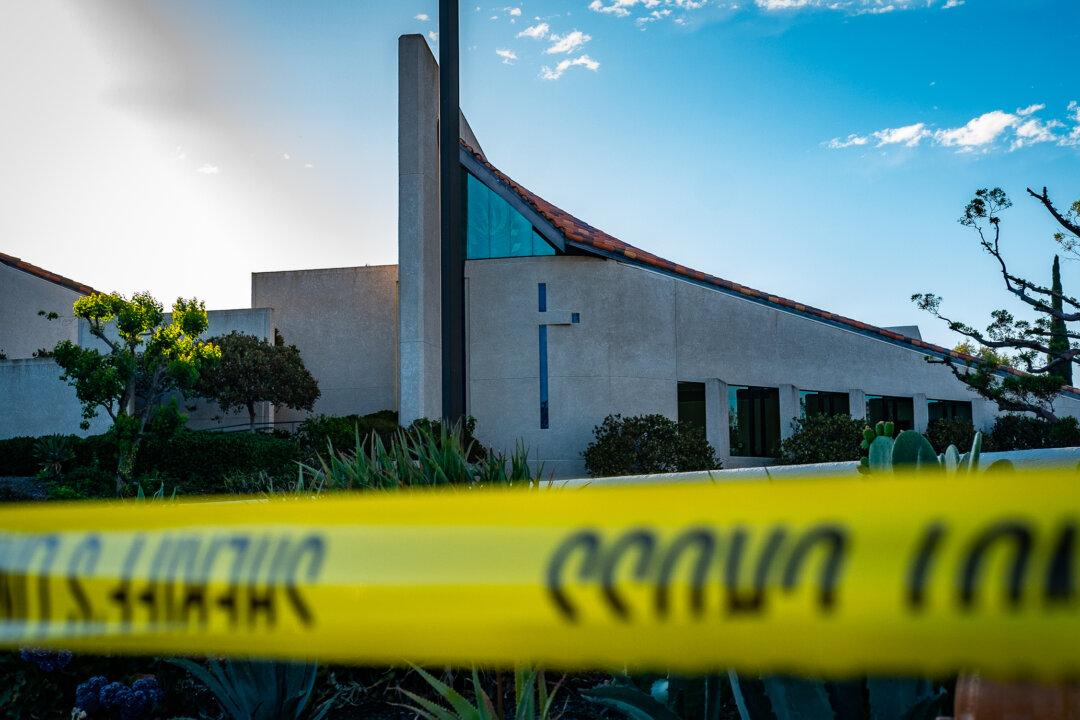SACRAMENTO—A bill that would have required sex offenders, those convicted of a violent felony, and homeless parolees to wear an electronic monitoring device failed in the Public Safety Committee on April 19.
Assembly Bill (AB) 1827 died in a 2–5 vote, with two committee members abstaining. The bill would have also made it a misdemeanor for parolees who fail to report to their parole officer—a violation that would result in 180 days in county jail, according to the bill analysis.




